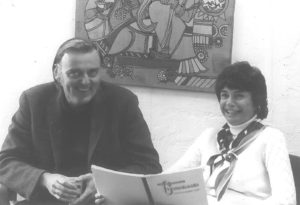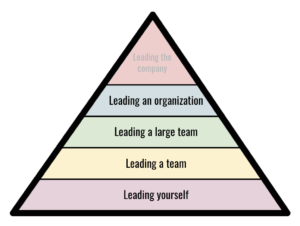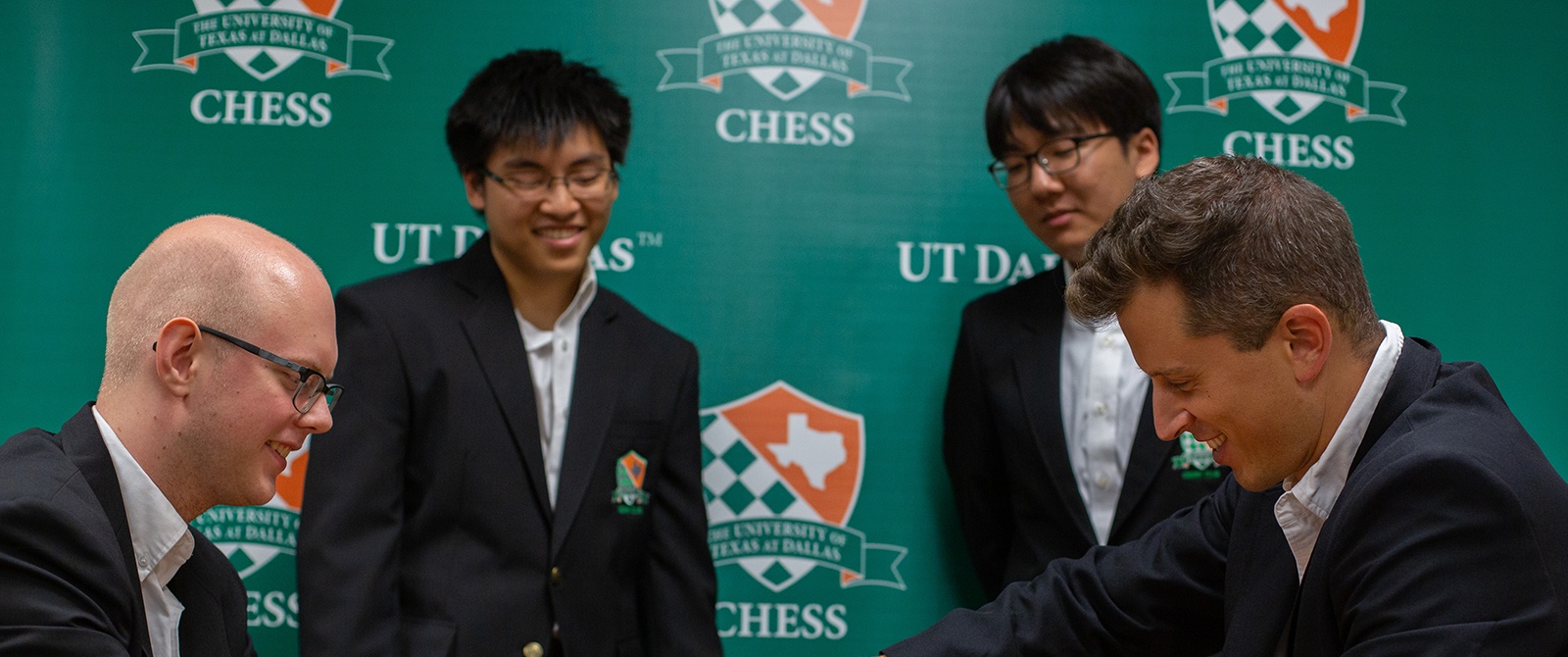A new generation of leaders is needed to address the various issues facing local communities and the world at large. To meet this need, many institutions of higher education have included leadership development into their mission statements. Colleges focus on these leadership development goals largely through extracurricular participation.
Extracurricular involvement allows students to link academic knowledge with real-life experience, leading students to a better understanding of their own abilities, talents, and career goals. An array of research has shown that a primary outcome of extracurricular participation is leadership development.

Extracurricular involvement allows students to link academic knowledge with real-life experience, leading students to a better understanding of their own abilities, talents, and career goals. An array of research has shown that a primary outcome of extracurricular participation is leadership development.
Prominent student development researcher Alexander Astin defined extracurricular involvement as an investment of physical energy (how much time a student spends on extracurriculars) and psychological energy (how focused the student is). Astin’s research showed empirically the link between extracurricular participation and leadership development.
Aside from Astin (pictured below), Pascarella and Terenzini (1991) found that the frequency and quality of students’ participation in activities was associated with high educational aspirations, enhanced self-confidence, and increased interpersonal and leadership skills. Rubin, Bommer, and Baldwin (2002) concluded that the number of clubs in which students were involved, officer status, and hours spent significantly predicted interpersonal skills such as communication, initiative, decision making, and teamwork.
The number of clubs in which a student participated and served as an officer was associated with greater leadership skills. However, involvement in too many different types of organizations was negatively related to leadership outcomes (Dugan & Komives, 2007). A threshold of involvement was found by researchers, who suggested the optimal number of clubs or organizations to be actively involved in is three to four.

Research also found that the quality of involvementmay be more important than time spent participating. This means that students should realistically find only a few clubs that they’re seriously passionate about and commit to becoming an officer in those clubs. Students should try their best to rise to an officer position (president, treasurer, manager, etc.) in those limited clubs in order to best show their skillset. In Astin’s research, students were found to commit an average of 5.5 hours per week spread across three to four clubs to extracurricular or co-curricular activities.
Serving as a club officer has been related to increased decision-making skills and leadership skills. Cooper et al. (1994) found that students who served as an officer scored higher on skills related to developing purpose, educational involvement, life management, and cultural participation. Future employers seek individuals with these increased skill levels, making involved students more desirable in the job market.
Students who hold leadership positions in college typically find it easier to find even more leadership development opportunities. It’s a good idea then for students to start trying for leadership positions early in college. The earlier students start, the easier if becomes to reach even higher leadership positions, resulting in an outstanding resume by the end of college.

For students who are interested in finding the best extracurriculars for them on campus, there are numerous resources on your college’s website for finding and applying to various clubs. It’s also a smart idea to get in touch with your on-campus advisor, but since there’s often so many extracurriculars available, understand that they may not be aware of all the different options.
For our First Degree clients, we provide detailed and through guidance on finding and achieving success in clubs through our Extracurricular Engagement program.
Leadership development is an important outcome of the college student experience. As campuses become more diverse, students desire a diverse environment in which they feel connected to others and to the university. Extracurricular activities provide a place for students to come together, discuss pertinent ideas and issues, and accomplish common goals, all while developing the important leadership skills our world needs.






